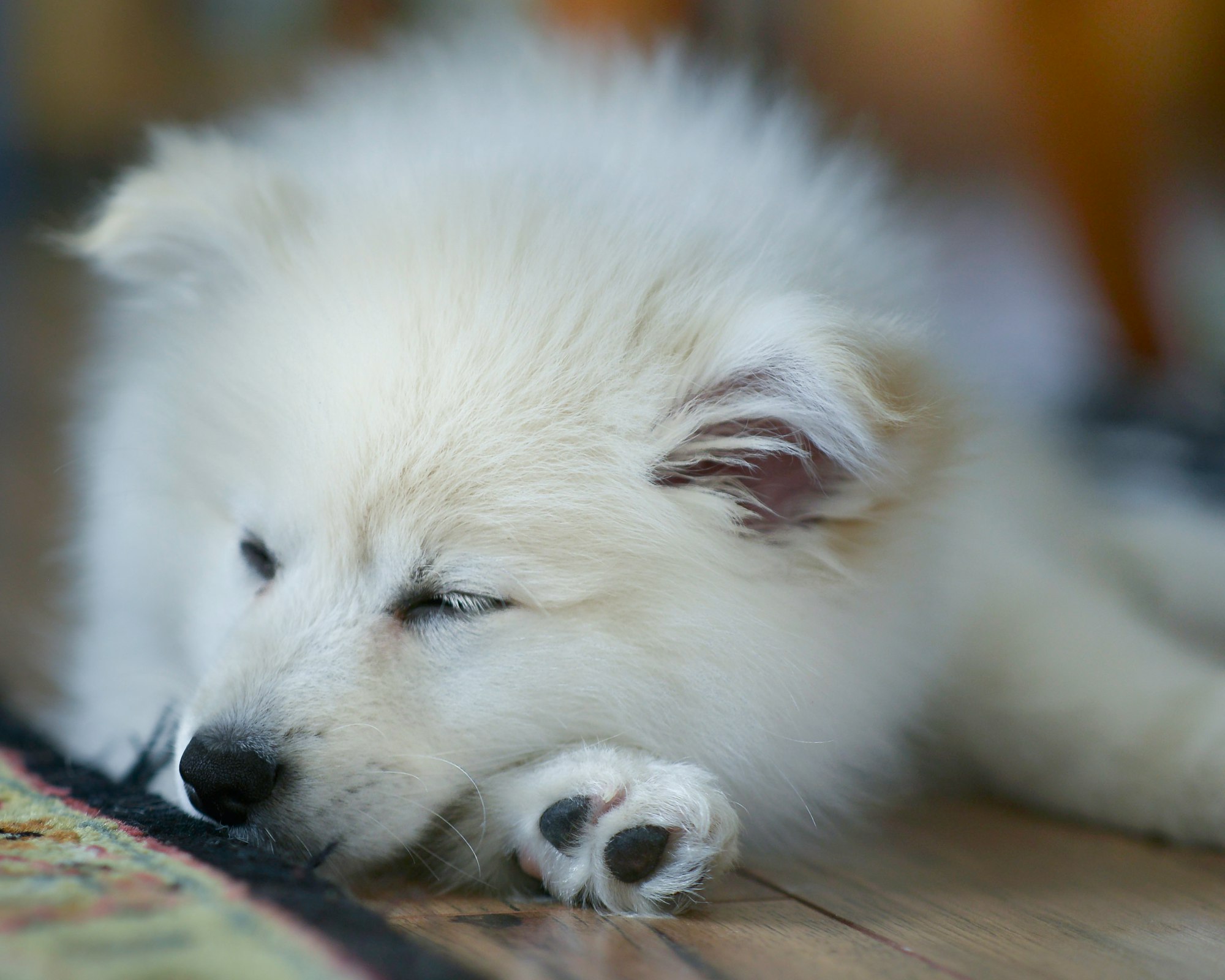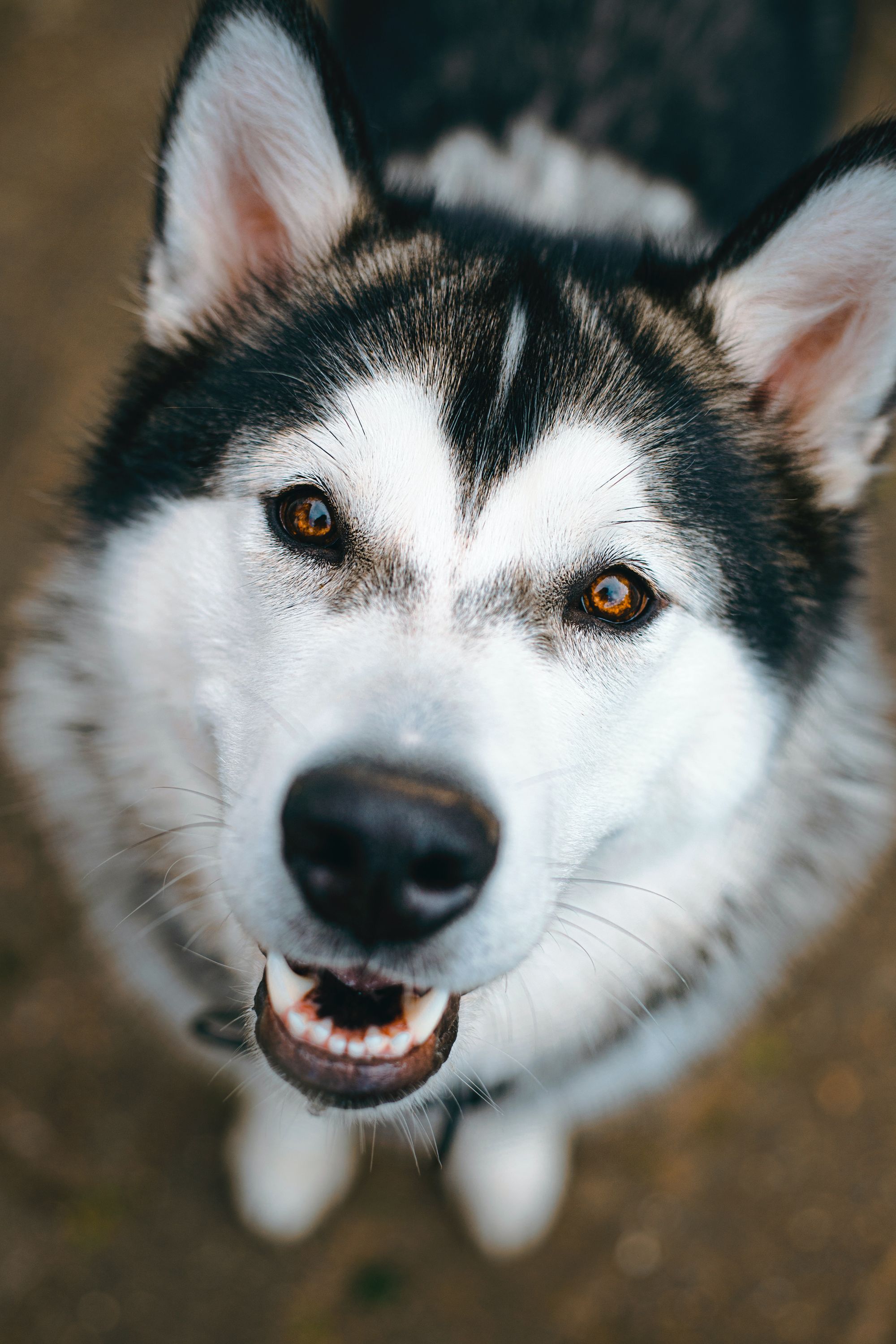Puppy hiccups are very common, and while they may seem worrying, they’re usually nothing to be concerned about. If you're a new puppy owner, it’s helpful to know why your puppy gets hiccups, what causes them, and how to spot them.
In this quick guide, we’ll break down everything you need to know about puppy hiccups so you can understand what’s happening and how to handle it. By the end, you’ll feel more at ease when you notice those adorable little hiccups in your pup!
The Root of Puppy Hiccups
Hiccups in puppies are caused by a spasm of the diaphragm, the large muscle that separates the chest cavity from the abdominal cavity. This involuntary contraction is often triggered by various factors, such as eating or drinking too quickly, excitement, stress, or even a sudden change in temperature. Puppies are also more prone to hiccups due to their rapidly growing bodies, as their developing diaphragm muscles may be more susceptible to spasms.
While hiccups are usually harmless and go away on their own, they can be a sign of an underlying medical issue if they persist or are accompanied by other symptoms. If your puppy's hiccups last longer than a day or are accompanied by coughing, difficulty breathing, or lethargy, it's essential to consult your veterinarian to rule out any potential health issues.
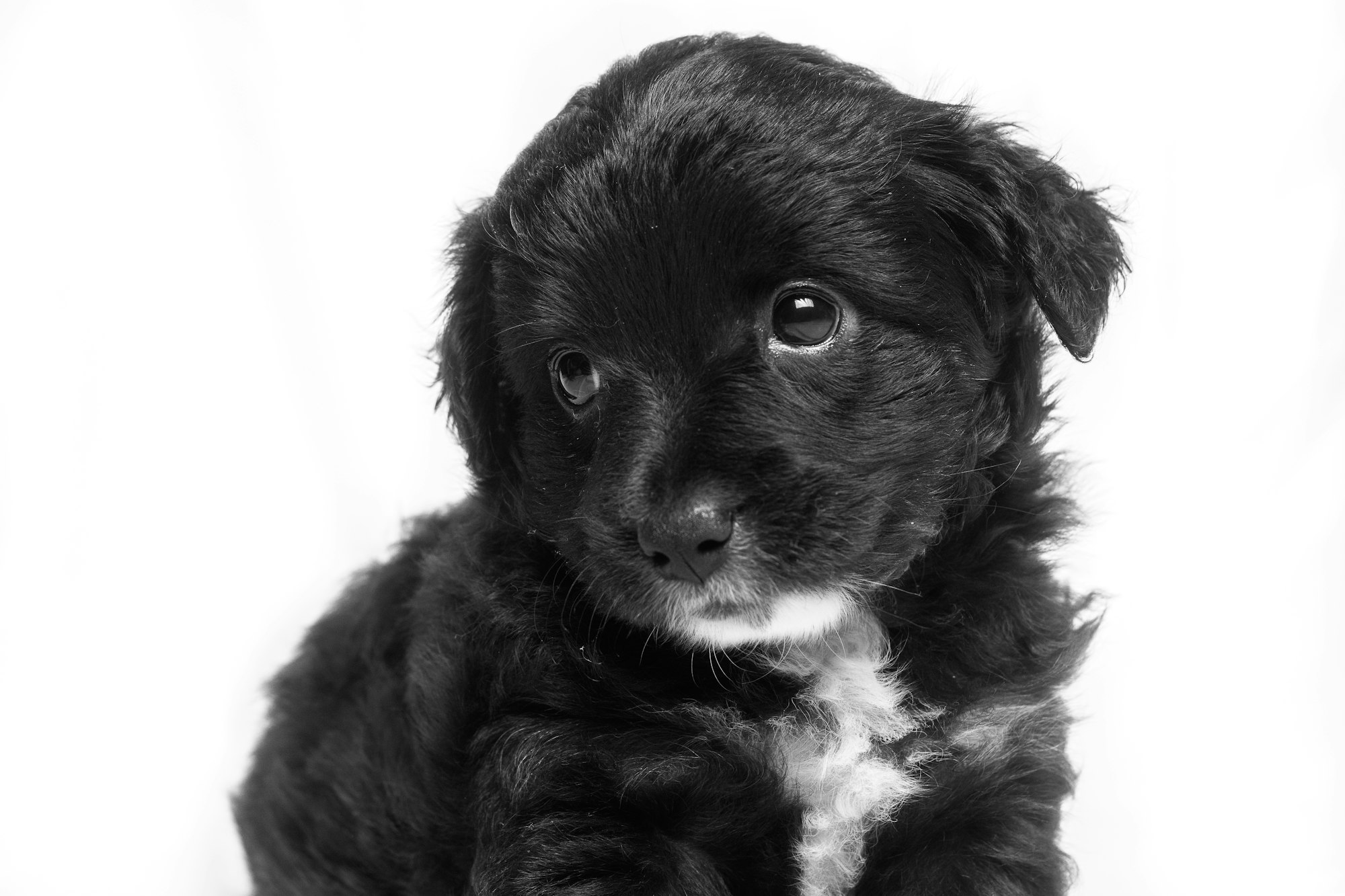
Understanding Hiccups
Puppy hiccups happen when the diaphragm—a large muscle beneath the lungs—contracts involuntarily. This muscle plays a vital role in breathing, and when it
spasms, it creates that familiar "hic" sound. There are several reasons why puppies might experience hiccups, and most of the time, it’s linked to everyday activities. For instance, if your puppy eats or drinks too quickly, it can trigger these spasms. Excitement or stress can also lead to hiccups, as can sudden shifts in temperature, like moving from a warm room to a cooler one.
Puppies, in particular, are more likely to get hiccups because their bodies are still growing. As they develop, their diaphragm muscles may be more sensitive, making them prone to these involuntary contractions.
Most of the time, hiccups are harmless and will go away on their own. However, if your puppy’s hiccups last more than a day or come with signs like coughing, trouble breathing, or unusual tiredness, it’s a good idea to consult your veterinarian. These symptoms might indicate a more serious issue that requires professional attention.
Puppies and the Occurrence of Hiccups
Puppies are more prone to hiccups than adult dogs due to their rapidly growing bodies and developing diaphragm muscles. As they grow and mature, the frequency of hiccups should decrease. In most cases, hiccups in puppies are not a cause for alarm and will resolve on their own without any intervention.
However, it's essential to monitor your puppy's hiccups and be aware of any additional symptoms or changes in their behavior. If the hiccups are accompanied by other signs of distress or illness, it's crucial to consult your veterinarian immediately.
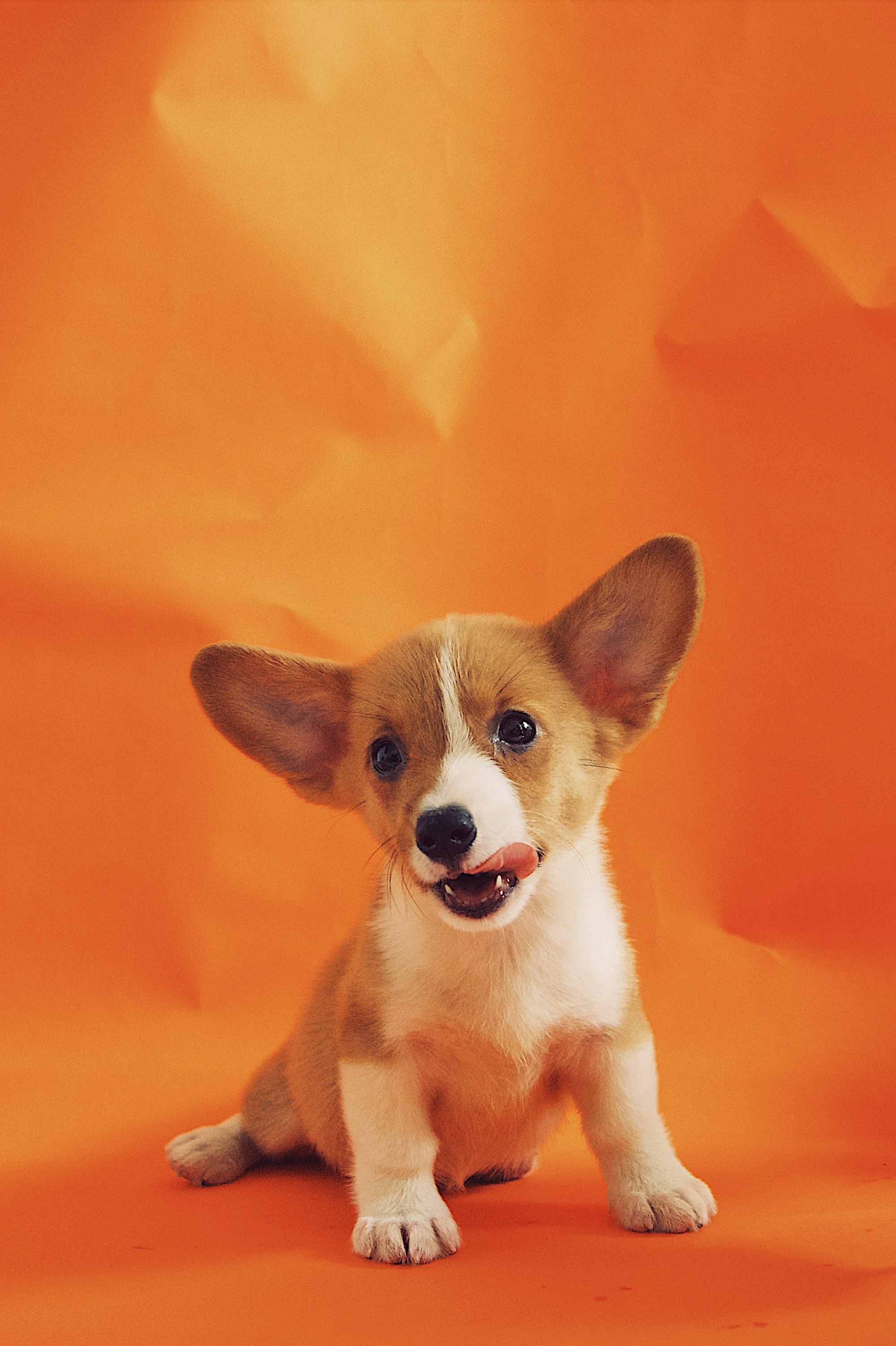
Recognizing Puppy Hiccups
Puppy hiccups can be easily identified by the characteristic "hic" sound they produce and the accompanying rhythmic, involuntary spasms of the diaphragm. These spasms might cause your puppy's body to jerk slightly with each hiccup. While puppy hiccups can be startling or concerning for new pet owners, it's essential to remember that they are generally harmless and short-lived.
If you're unsure whether your puppy is experiencing hiccups or something more serious, observe their behavior closely. If they appear otherwise healthy, active, and playful, it's likely that their hiccups are not a cause for concern. However, if you notice any signs of distress, such as coughing, difficulty breathing, or lethargy, it's essential to seek veterinary advice as soon as possible.
Is It Common for Puppies to Get Hiccups?
Yes, it is quite common for puppies to experience hiccups. Puppies, especially during their rapid growth phase, are more prone to hiccups than adult dogs due to their developing diaphragm muscles. As they grow older and their diaphragm muscles mature, the frequency of hiccups should decrease. Occasional hiccups are a normal part of a puppy's development and are generally not a cause for concern.
Hiccups in puppies can occur spontaneously or be triggered by various factors, such as eating or drinking too quickly, excitement, stress, or even a sudden change in temperature. As a puppy owner, it's essential to monitor your pet's hiccups and be aware of any additional symptoms or changes in their behavior. If the hiccups persist or are accompanied by other signs of distress, consult your veterinarian.
How to Get Rid of Puppy Hiccups?
In most cases, puppy hiccups will resolve on their own without any intervention. However, if you'd like to help your puppy get rid of hiccups, there are several techniques you can try:
Distract your puppy: Engaging your puppy in play or offering a treat can sometimes help to stop the hiccups by shifting their focus and changing their breathing pattern.
Massage the chest: Gently massaging your puppy's chest can help to relax the diaphragm muscle and alleviate hiccups.
Encourage slow drinking: Offer your puppy small amounts of water to drink, as this can help to relax the diaphragm and reduce hiccups.
Control excitement: Over-excitement can trigger hiccups in puppies, so try to keep your puppy calm and provide a quiet, peaceful environment.
Remember that it's normal for hiccups to resolve on their own, and these techniques may not always be necessary. If your puppy's hiccups persist or become more frequent, consult your veterinarian for advice.
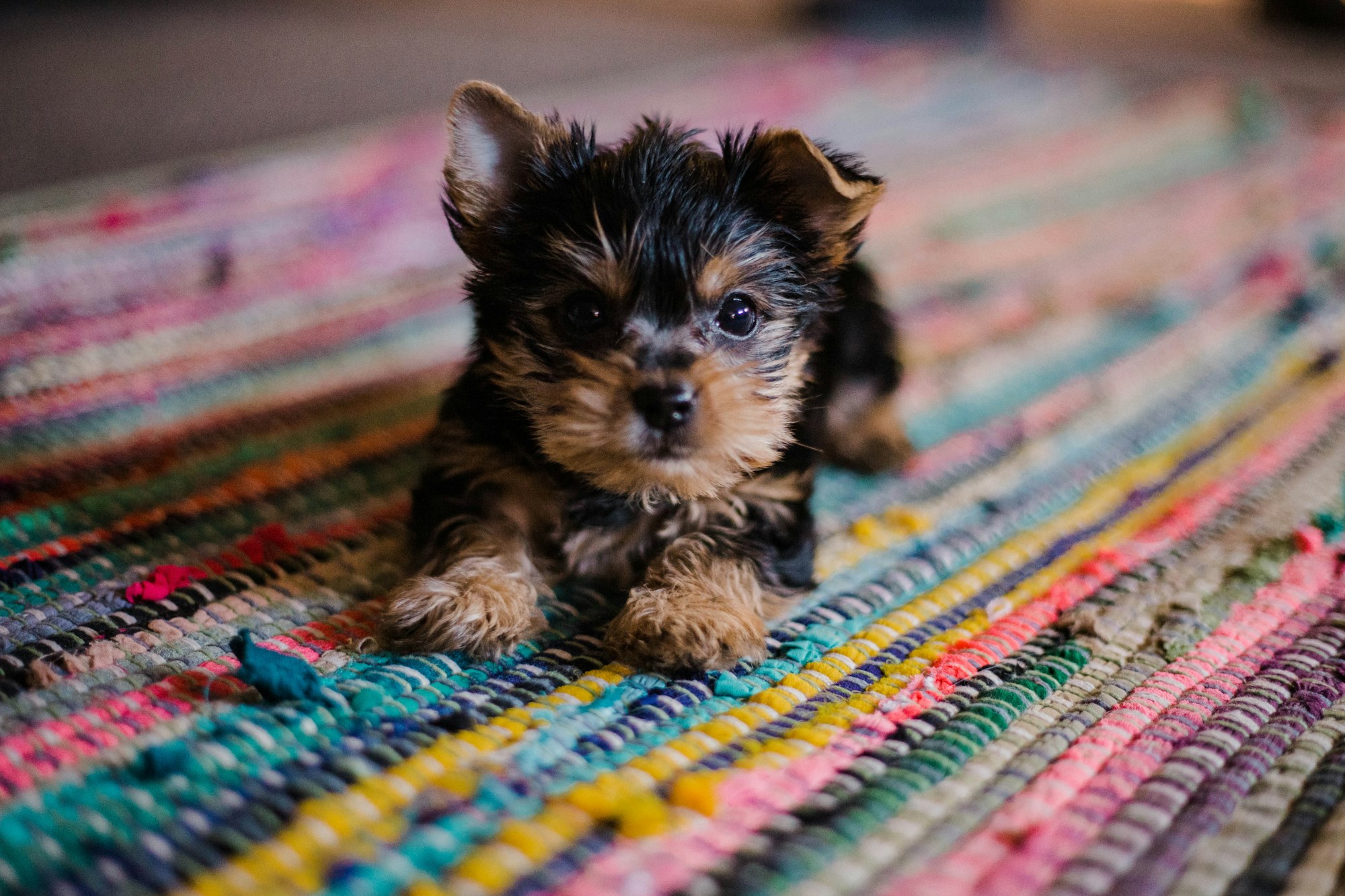
Are Hiccups Bad for Puppies?
In general, hiccups are not harmful to puppies and are considered a normal part of their development. Hiccups usually resolve on their own and do not require any intervention. However, it's essential to monitor your puppy's hiccups and be aware of any additional symptoms or changes in their behavior.
In some cases, persistent or frequent hiccups could be a sign of an underlying medical issue, such as gastrointestinal problems, respiratory infections, or neurological disorders. If your puppy's hiccups are accompanied by other symptoms, such as coughing, difficulty breathing, lethargy, or loss of appetite, it's crucial to consult your veterinarian immediately.
How to Prevent Puppy Hiccups
While it's not always possible to prevent hiccups entirely, there are several steps you can take to reduce the frequency and severity of your puppy's hiccups:
Regulate mealtime: Ensure your puppy eats and drinks at a steady pace. You can use slow-feeder bowls to help prevent your puppy from gulping down food too quickly, which can contribute to hiccups.
Maintain a calm environment: Minimize stress and excitement, as these factors can trigger hiccups in puppies. Provide a quiet, comfortable space for your puppy to rest and relax.
Avoid sudden temperature changes: Extreme temperature fluctuations can cause hiccups, so try to keep your puppy's environment at a consistent temperature.
Provide smaller, more frequent meals: Offering your puppy smaller meals throughout the day, rather than one or two large meals, can help reduce the likelihood of hiccups.
While these preventive measures may help reduce the occurrence of hiccups, it's essential to remember that occasional hiccups are normal and generally harmless for puppies.
When to See the Vet if Your Puppy Has Hiccups
In most cases, puppy hiccups are not a cause for concern and will resolve on their own. However, there are certain situations when it's essential to consult your veterinarian:
Persistent hiccups: If your puppy's hiccups last longer than a day or continue to occur frequently, it's crucial to seek veterinary advice.
Accompanying symptoms: If your puppy's hiccups are accompanied by coughing, difficulty breathing, lethargy, loss of appetite, or any other unusual signs, consult your veterinarian immediately.
Behavioral changes: If your puppy appears to be in pain or distress during hiccups, it's important to have them checked by a veterinarian to rule out any underlying health issues.
When Do Puppy Hiccups Stop?
As puppies grow and mature, their diaphragm muscles develop, and the frequency of hiccups should decrease. Most puppies will experience a significant reduction in hiccups by the time they reach adulthood, around 12-18 months of age. However, this timeline may vary depending on the individual dog and breed.
It's essential to monitor your puppy's hiccups as they grow and to seek veterinary advice if you notice any changes in frequency, duration, or accompanying symptoms. While hiccups are generally harmless, it's crucial to ensure your puppy's overall health and well-being by staying vigilant and consulting your veterinarian when necessary.
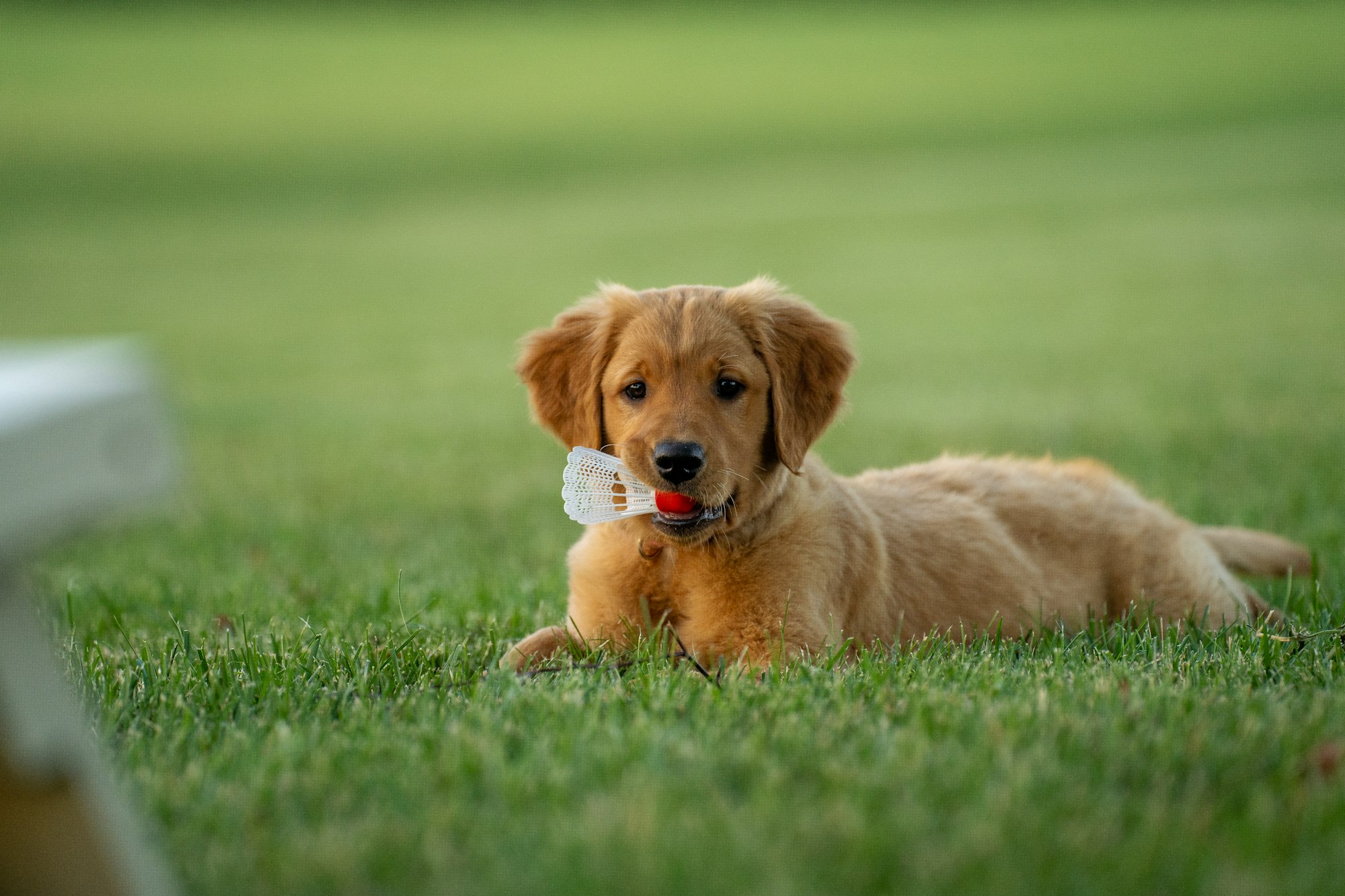
Why Does My Puppy Have Hiccups After Eating?
Puppies may experience hiccups after eating for several reasons, including:
Eating too quickly: If your puppy gulps down their food rapidly, they might swallow excess air, which can lead to diaphragm spasms and hiccups.
Overeating: Consuming large amounts of food can cause the stomach to expand, putting pressure on the diaphragm and triggering hiccups.
Food temperature: Eating food that is too hot or too cold can cause irritation in the diaphragm, leading to hiccups.
To help reduce the occurrence of hiccups after eating, consider using a slow-feeder bowl, offering smaller and more frequent meals, and ensuring that your puppy's food is served at room temperature.
Why Does My Puppy Have Hiccups While Sleeping?
Puppies may experience hiccups while sleeping due to several factors:
Rapid eye movement (REM) sleep: During REM sleep, a puppy's body may experience muscle twitches and spasms, which can sometimes affect the diaphragm and result in hiccups.
Breathing patterns: Changes in breathing patterns during sleep may cause the diaphragm to contract involuntarily, leading to hiccups.
Pressure on the diaphragm: Certain sleeping positions may put pressure on the diaphragm, causing it to spasm and trigger hiccups.
In most cases, hiccups during sleep are harmless and will resolve on their own. However, if you notice any other concerning symptoms or if the hiccups are causing your puppy distress, consult your veterinarian.
Final Thoughts
Puppy hiccups are generally harmless and a normal part of a puppy's development. They can be triggered by various factors such as eating too quickly, excitement, or changes in temperature. While hiccups usually resolve on their own, it's essential to monitor your puppy's hiccups and seek veterinary advice if they persist, become more frequent, or are accompanied by other concerning symptoms.
To help prevent or reduce the occurrence of hiccups in your puppy, consider implementing preventive measures such as regulating mealtime, maintaining a calm environment, and offering smaller, more frequent meals. Remember that occasional hiccups are normal, and as your puppy grows and their diaphragm muscles mature, the frequency of hiccups should decrease.
Get more expert advice on pet-parenting by visiting the Off Leash blog at TryFi.com.
TryFi's The Fi Dog Collar is a must-have for any pet parent, it's a GPS tracking collar that helps you keep tabs on your dog's location, activity, and sleep patterns, and alerts you if they escape your backyard. Try the Fi Dog Collar today!
